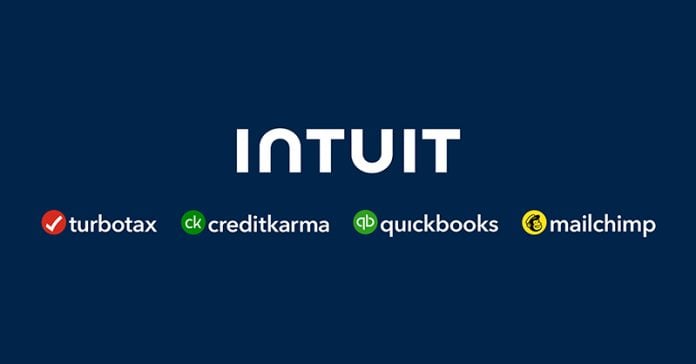A new survey by Intuit reveals that a majority of accountants anticipate significant changes in their industry, driven largely by advancements in artificial intelligence (AI) and strategic advisory services. This transition appears to be reshaping the role of accountants, allowing them to step away from mundane compliance tasks and focus instead on higher-value client relationships.
The findings from the 2025 Intuit QuickBooks Accountant Technology Survey indicate a strong trend towards the adoption of AI tools, with 81% of accountants asserting that AI has improved their productivity. Kevin Williams, vice president of Accountant Solutions at Intuit, emphasizes the importance of these shifts: “This year’s findings show an industry in motion. Accountants are expanding their influence by using AI to reduce time spent on routine work and focus on higher-value client needs.”
A notable 79% of the accountants surveyed expect a surge in strategic advisory work over the next year, estimating an average growth of 38%. The shift away from compliance work signifies a transformation in the profession’s identity. Accountants are not only seeing potential revenue increases—94% of those anticipating a rise in advisory services also foresee enhanced job satisfaction (81%) and an expanded client base (89%).
The implications for small business owners are significant. As accountants embrace AI, they will be better equipped to deliver tailored financial insights and enhance overall client engagement. This transformation positions accountants as strategic partners who can offer valuable advice that extends beyond traditional accounting services.
Moreover, the survey indicates that 95% of firms adopted automation technologies in the past year, utilizing them for tasks such as payroll processing, accounts payable/receivable, and data entry. By automating these routine functions, accountants can deliver enhanced service quality—98% of respondents noted improvements in accuracy, and 95% reported better client service quality.
Despite these advancements, challenges remain. The increasing complexity of technology poses concerns for many firms. On average, firms utilize eight different applications to manage core operations, which can complicate workflows and increase operational costs. Over 44% of respondents highlighted issues with high subscription costs, while 66% reported feeling overwhelmed by the sheer volume of technology. These hurdles may prompt businesses to reconsider their technology investments; accountants are projected to spend an average of $20,000 on technology in the upcoming year, down from previous estimates of $24,000.
Talent gaps also threaten to slow down progress. While 75% of firms are focusing on tech skills in their hiring practices, just 28% believe their training programs adequately meet today’s demands. A substantial 80% of respondents acknowledged challenges in attracting experienced professionals, although that figure has improved compared to the previous year.
Luthi, partner at Ignite Spot Accounting Services, underscores the potential of AI in this evolving landscape: “AI isn’t taking over our jobs. It’s giving us more room to do the work that matters. It’s here to remove the things that slow us down.” This highlights the importance of investing not only in technology but also in people. Williams concludes, “To keep the momentum going, firms can’t afford to overlook the talent side of transformation. It’s the combination of smart technology and skilled professionals that drives impact.”
As small business owners navigate this changing landscape, they should consider partnering with accountants who are adapting to these innovations. The evolving role of accountants into strategic advisors may lead to more effective financial management and better growth opportunities for small businesses.
The full results of the 2025 Intuit QuickBooks Accountant Technology Survey can be found here.
By leveraging the advancements in technology and acknowledging the challenges that come with them, small business owners can be better prepared to capitalize on the opportunities that these changes present. The evolving nature of accounting could very well be the key to unlocking new avenues for business success.
Image Via Intuit



